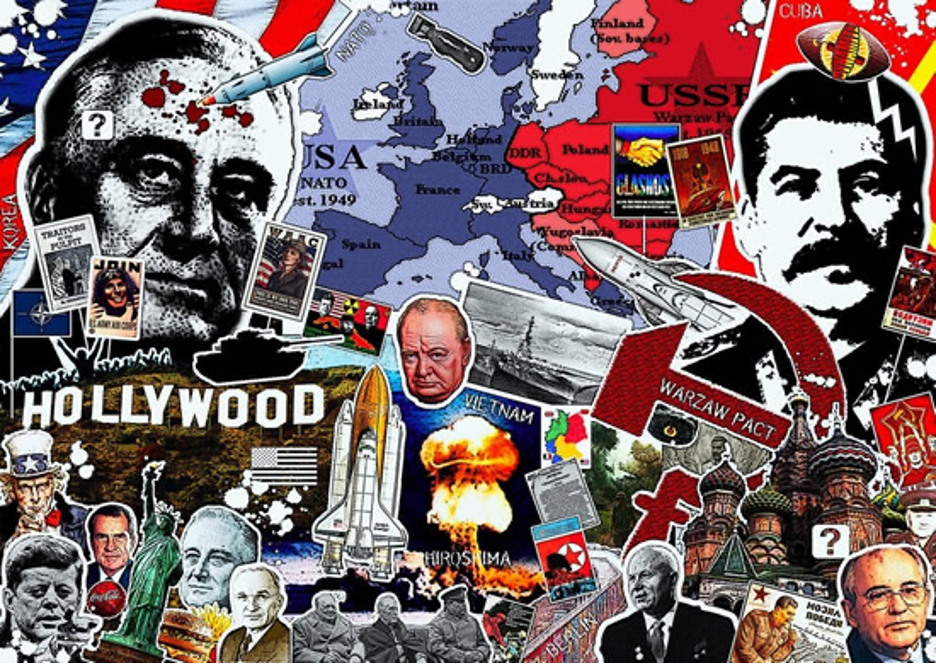
With a new Cold War heating up between the U.S. and Russia and China, Witness for Peace Southwest, Addicted to War and CodePink organized a Truth Commission on the original Cold War on March 21st, which brought together the testimony of historians, activists and others who lived through the period.
Following a hearing three years ago, the Zoom event was hosted by Frank Dorrel, publisher of the popular anti-war text Addicted to War, and Rachel Bruhnke, a high school Spanish teacher and member of Witness for Peace Southwest.
In her opening remarks, Bruhnke emphasized that the Cold War should rank as one of three great crimes in U.S. history, the first two being the genocide of the native Americans, and enslavement of African-Americans.

Rachel Bruhnke [Source: polahs.net] 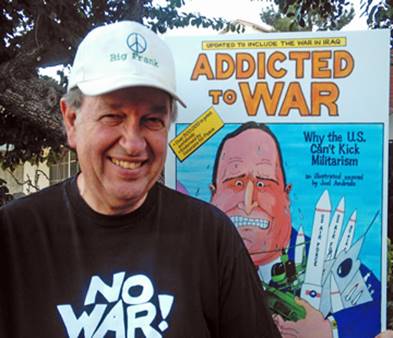
Frank Dorrel [Source: Frank Dorrel]
Bruhnke said that the aim of the Truth Commission was to “expose U.S. illegal and immoral actions in the name of anti-communism” and “150-year drama of red-baiting,” and to “unravel the web of lies.”
The truth-telling will help “enhance public understanding of today’s domestic and international events,” and avert new catastrophes.
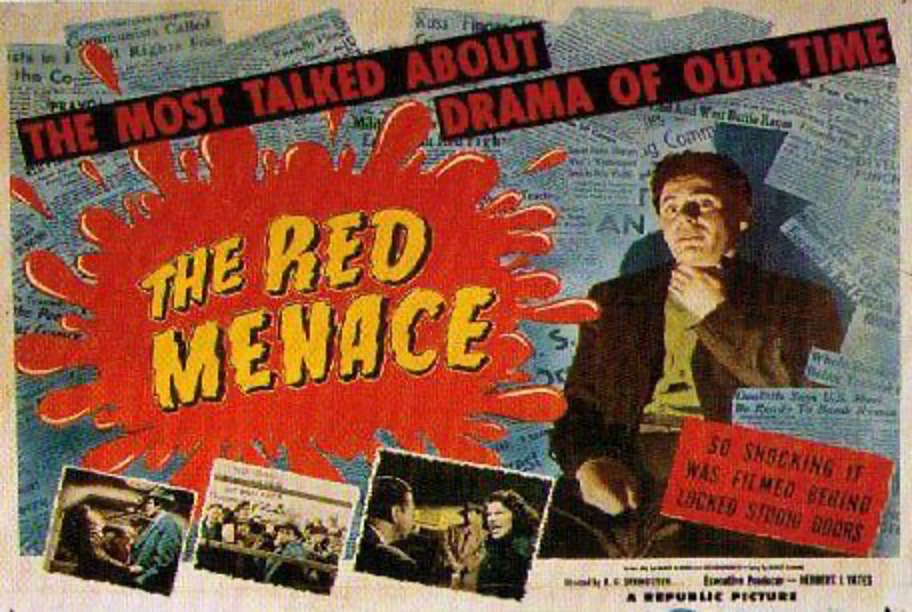
Truth Commissions in countries that experienced large-scale atrocities, like Argentina, South Africa, Guatemala, and South Korea have helped pave the way for national reconciliation and led to a repudiation of past crimes so they would not happen again.
Ideally, this would happen also in the U.S.
An Avoidable Conflict
One of the first speakers at the Cold War Truth Commission, Dr. Peter Kuznick, Director of Nuclear Studies at American University and author of the best-selling book, An Untold History of the United States with Oliver Stone (2013), emphasized that the Cold War could have been prevented.

Near the end of World War II, President Franklin D. Roosevelt sought to sustain the spirit of cooperation between the U.S. and the USSR at the Yalta Conference where both countries agreed to accept each other’s sphere of influence in its respective domains (the Soviet Union in Eastern Europe and the U.S. in Western Europe).
The day before his death on April 12, 1945, Roosevelt cabled Prime Minister Winston Churchill that he wanted to “minimize the general Soviet problems as much as possible because these problems, in one form or another, seem to arise every day and most of them straighten out.”
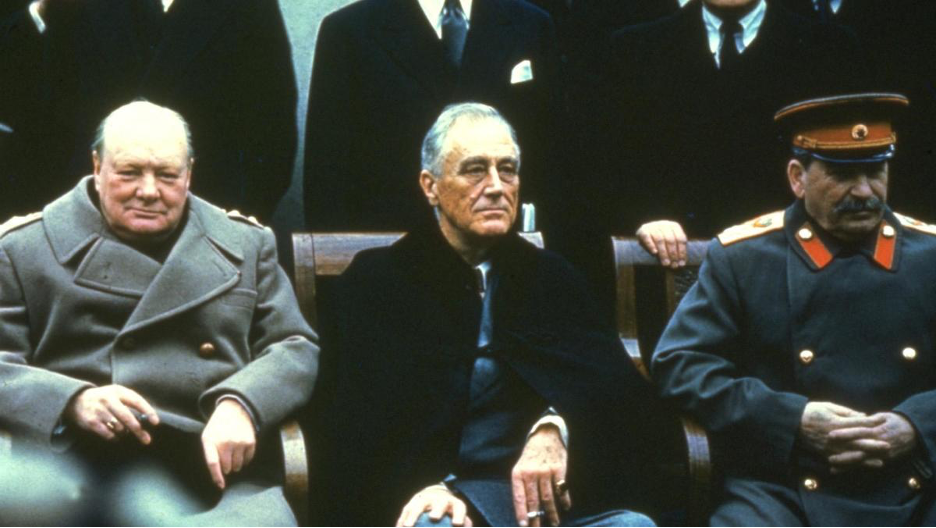
Nine months earlier, at the 1944 Democratic Party convention at Chicago Stadium, party bosses plotted behind the scenes to replace Henry Wallace with Harry S. Truman as Vice President, despite Wallace’s overwhelming popularity.
Wallace was a progressive anti-fascist who favored sustaining Roosevelt’s policy of cooperation with the Soviet Union.
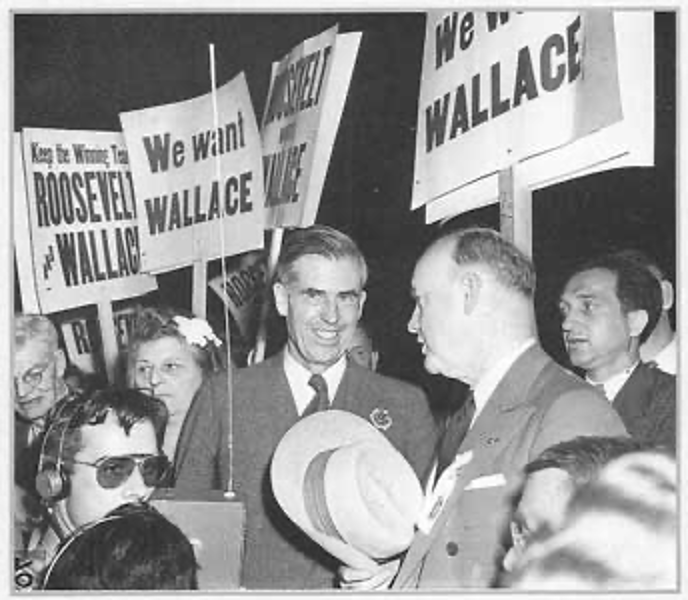
Truman, by contrast, was a provincial who owed his career to the corrupt Pendergast political machine in Missouri, and was easily manipulatable.
At the convention, Florida Senator Claude “Red” Pepper was five seconds away from rubber stamping Wallace’s nomination when a mysterious blackout halted the day’s proceedings, and allowed for a night of back-room horse-trading by party power-brokers that doomed Wallace.
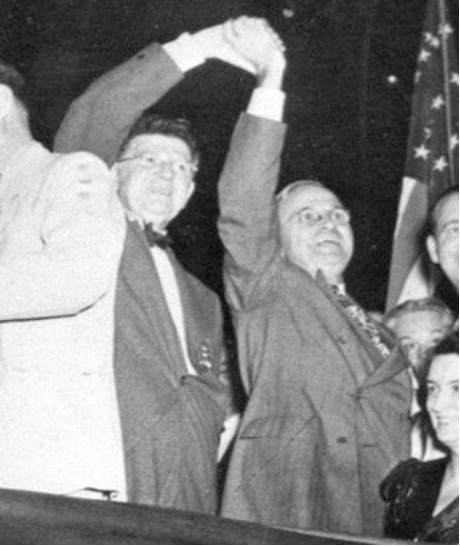
The result was the advent of the Cold War that cost millions of lives and warped democratic development. Its ominous first salvo was the dropping of the atomic bombs over Hiroshima and Nagasaki, which killed over 140,000 civilians and poisoned countless more.
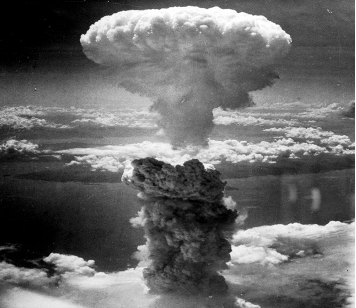
When the U.S. Invaded Russia
In 1917, the Woodrow Wilson administration first precipitated conflict with Russia when it sent 10,000 troops there in an effort to reverse the Bolshevik Revolution.
This forgotten military intervention was waged illegally, without the consent of Congress, and in violation of international law.
It was driven by an aversion to the Bolshevik nationalization decree, which threatened more than $650 million in U.S. investments (equivalent to over $11 billion in 2021 dollars adjusted for inflation).
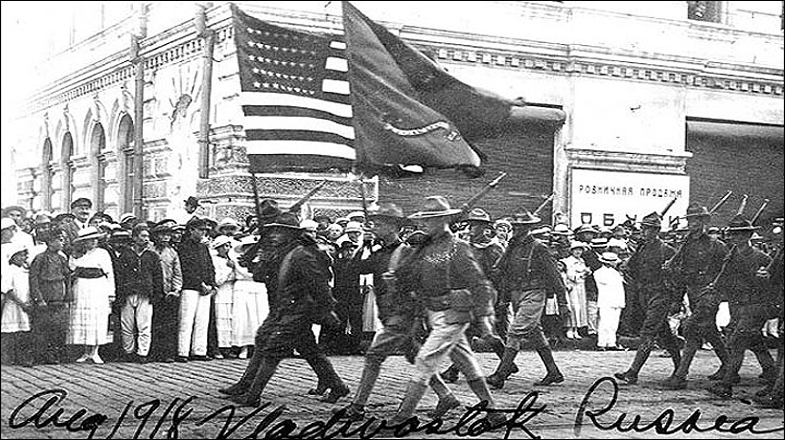
The United States, as well as Britain, Canada, France and Japan, fought on the side of white counter-revolutionary generals, who “represented the minority and ancient imperialists who were obstinately impervious to the new Russia flaming in revolution against age-long abuses and tyranny,” as a Lieutenant in the 339th U.S. infantry put it.
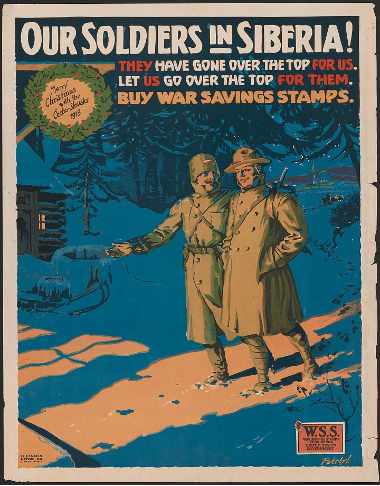
These white generals committed atrocities that “would have been considered shameful in the Middle Ages,” according to Lieutenant Colonel Robert Eichelberger.
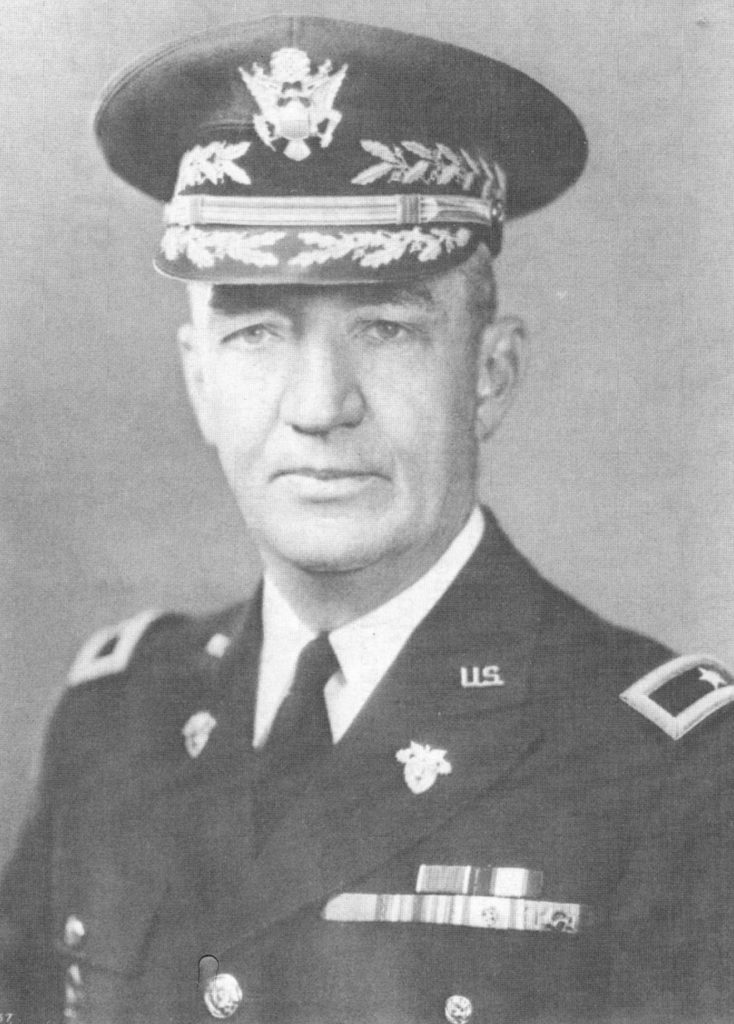
General William S. Graves, the commander of U.S. forces in Siberia, expressed doubt if “history will record in the past century a more flagrant case of flouting the well-known and approved practice in states in their international relations and using instead of the accepted principles of international law, the principle of might makes right.”
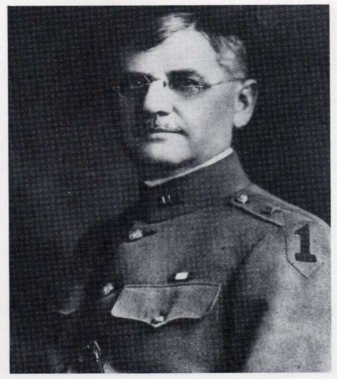
Today, less than ten percent of U.S. citizens have any knowledge of the U.S. invasion of Russia, which does not fit into the dominant triumphalist narrative about the Cold War that the Truth Commission was designed to counteract.
Special Economic Interests
Famed Pentagon Papers whistleblower Dan Ellsberg, author of The Doomsday Machine: Confessions of a Nuclear War Planner (2017), stressed at the Truth Commission the role of special economic interests in driving forward the Cold War.
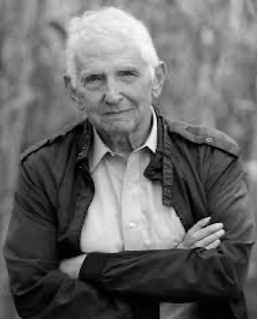
Ellsberg stated that his view of the conflict changed a few years ago when he read Frank Kofsky’s book, Harry S. Truman and the War Scare of 1948: A Successful Campaign to Deceive the Nation (St. Martin’s Press, 1996).
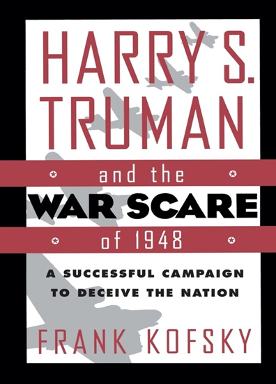
In this book, Kofsky showed how American aerospace corporations, concerned about the loss of government contracts following the end of World War II and facing bankruptcy, successfully lobbied for the Truman administration to establish a permanent warfare economy.
The lobbying was successful because of a sophisticated public relations campaign that convinced the public of the danger of the Soviet Union and the need for permanent war readiness.
According to Ellsberg, a large part of the Cold War was to provide an annual subsidy for the aerospace industry.

Ellsberg said that “these are the people we [in the peace movement] are confronting—the largest defense contractors [Lockheed, Boeing or Raytheon] and the profits [for war scares and mobilization], jobs, campaign donations, and the revolving door between the large military contractors and Pentagon.” (See Christian Sorensen’s CAM article for more details on War Profiteers)
With a new Cold War now going forward, the Pentagon’s doomsday arsenal could cause a nuclear black winter, which almost came to pass during the 1st Cold War.
Reclaiming the Lost Victims
Carol Francis, a retired L.A. teacher and veteran of the U.S.-Cuba solidarity movement, pointed out in her talk that the red-baiting practices associated with McCarthyism originated in the 1850s—just after the publication of Karl Marx and Friedrich Engels’ Communist Manifesto.
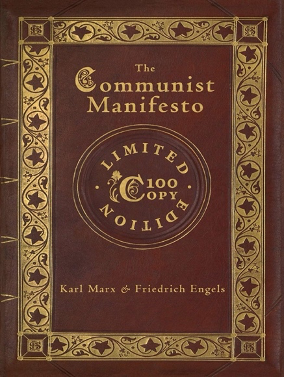
Political dissidents in Europe and the U.S. at that time were labeled derisively as communists and blacklisted from respectable professions as were abolitionists and anti-slavery activists.
During the 1950s, people involved in Hollywood film productions were a main target of red-baiting because of the glamour of the movie industry and its influence in shaping public opinion.
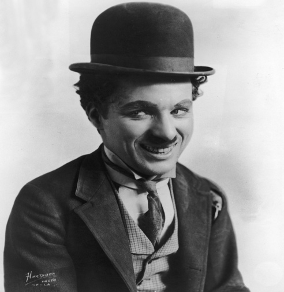
Film historian Ed Rempell detailed how the silent movie star Charlie Chaplin was denied re-entry into the United States after he had produced a film ridiculing Adolf Hitler and generated a Federal Bureau of Investigation (FBI) file of more than 2,000 pages.
The House Committee on Un-American Activities (HUAC) also targeted Marty Bookman, screenwriter of the Oscar winning 1939 film, “Mr. Smith Goes to Washington,” whose message about a young congressman fighting corruption was considered subversive in the 1950s.
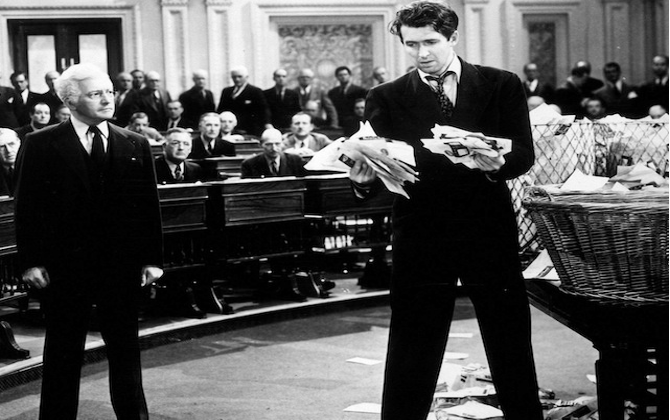
According to Rempell, the blacklist not only ruined individual careers and undermined the First Amendment, but also fostered conservatism and conformity in U.S. culture, which is what societal elites wanted.
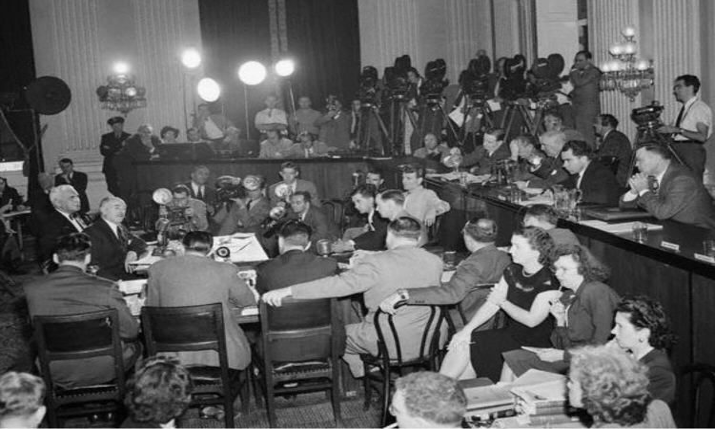
Greg Godels, an author at Marxism-Leninism Today, wants us to remember not only the well-known figures who were victims of the blacklist, but the countless Communist Party and other political activists who suffered from the impact of McCarthyism—whether as a result of lost jobs, public shaming, loss of their families, or from unjust imprisonment.
Godels’ talk focused on the forgotten victims of McCarthyism in his hometown of Pittsburgh—a center of McCarthyite repression. One was Leon Swimmer, a baker who tried to integrate the city’s pools. Two others were Allen Thomas and Joseph “Sonny” Robinson, leaders of the local steelworkers’ union and Communist Party USA, who had illegal items planted in their lockers so that they would be fired and arrested.
When Thomas appealed to his union, they asked him if he supported the second front in World War II against Germany. Thomas replied that he was really for a second front in Mississippi, which Godels said went over like lead.
Besides the honorable victims, Godels said that we should also remember the snitches—men like Harvey Matusow, Max Vetick and others who were later exposed as liars and alcoholics, but whom the government relied upon.
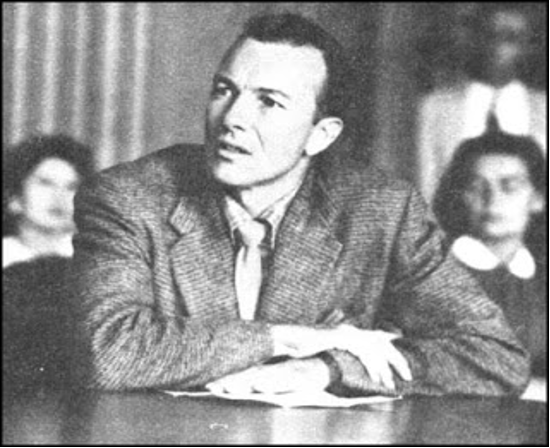
The FBI’s dubious role in the red scare should also never be forgotten, and the FBI never lionized.
Immoral U.S. Foreign Policy
The immorality of U.S. foreign policy during the Cold War was spelled out by Bruce Gagnon, coordinator of the global network against weapons and nuclear power in space, who in his talk discussed Operation Paperclip, in which U.S. government agencies smuggled Nazi scientists and war criminals into the U.S. after World War II in order to gain a military-technological edge over the Soviets.
The most famous such scientist was Wernher von Braun, a former Nazi SS Major who recruited slave labor from Buchenwald concentration camp for the development of the V-2 rocket at the Mittelwerk underground factory in Nordhausen, and was appointed to direct the Marshall Space Flight Center at the National Aeronautics and Space Administration (NASA).
Von Braun’s boss, Major General Walter Dornberger, also became a leader in the U.S. space program and Vice President of Bell Aerospace Company.[1]
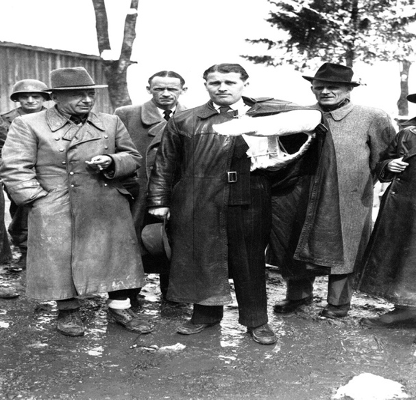
Stating that he had already lost two world wars and didn’t come to the U.S. to “lose a third,” Dornberger drafted a blueprint for the development of an orbital battle station at the top of the earth’s gravity well—a dream that has come to be fulfilled with the Trump administration’s new space command.
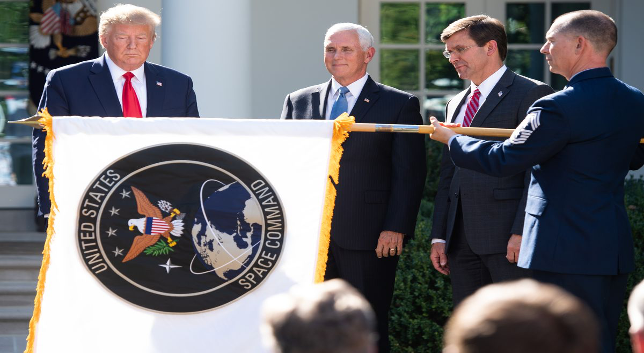
CovertAction Magazine’s Executive Editor Chris Agee testified at the Truth Commission about his father, Philip Agee, who became a CIA case officer and then whistleblower after he overheard screams of people being tortured while he was meeting with the Uruguayan chief of police in Montevideo. When Mr. Agee asked who the victims screaming were, the police chief responded that “they were the people you gave us [the police] last week.” Their ranks included trade union activists and other leftists organizing for better socio-economic and political conditions in Uruguay.
To give one example, one of Mr. Agee’s job, Chris said, was to plant an incriminating message in the toothpaste tube of a Cuban diplomat so that he would be apprehended—all in an effort to undermine interstate relations with the Cuban revolution.
Chris shared three principle ideas that guided his father: (1) the Cold War myth was a ruse to distract the population from understanding U.S. plutocratic imperial interests while hiding the true goals of third world revolutionary movements, (2) the need to struggle for internationalist worker solidarity and (3) raise awareness and organize through political activism for a more just world, politically, social and economically.
As his father stated toward the end of CIA Diary: On Company Business—his tell-all book where he named all the agents and their activities—he came to learn that instead of working toward building democracy and freedom around the world, as he had been led to believe through his training and indoctrination, he really served as a secret policeman for multinational corporate interests whose aim was to secure cheap access to labor, raw materials, foreign markets and U.S. geo-political control. While distracting attention away from real human needs, the Cold War myth served the military industrial complex with huge military budgets and provided the means for that geopolitical control.
The examples are endless: Iran, Guatemala, Vietnam, Chile, Angola, Nicaragua…and so on. Chris encouraged people to read Killing Hope written by William Blum, who worked with CovertAction Magazine for many years, and Howard Zinn’s A People’s History of the United States, the latter book his father gave him at a young age to debunk the myths of the Cold War bi-polar model taught in his high school.
After blowing the whistle on the Agency, Mr. Agee lived in exile for the rest of his life, causing young Chris’ life to be upended.
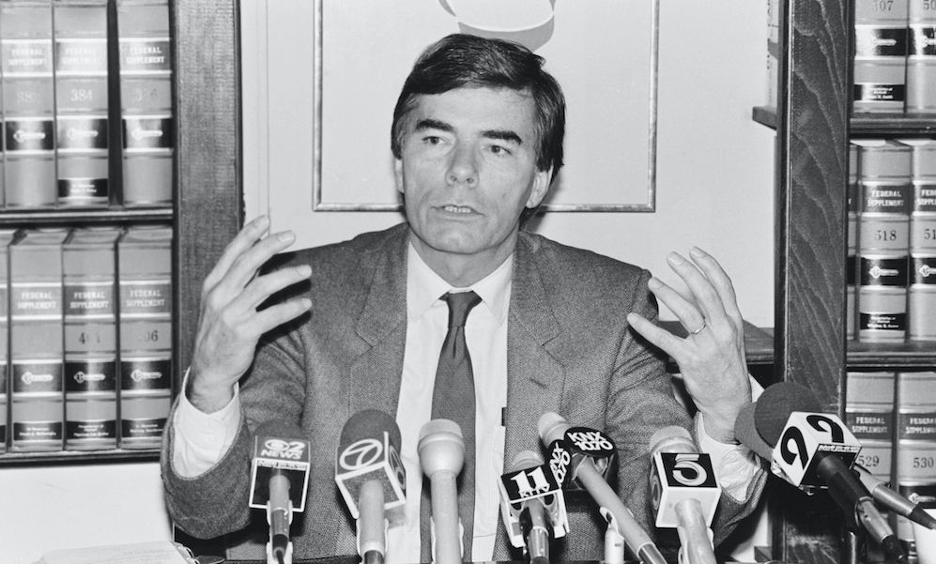
CovertAction Magazine’s co-founder, Louis Wolf, gave testimony about his time in Laos with the International Voluntary Services (IVS) from 1964 to 1967 digging wells, distributing seeds for fertilizer, and teaching English.
Wolf commented that, during his free time, he would share a drink with American pilots, who would routinely ‘dump’ their ordinance in Laos rice paddies because they could not otherwise land safely. In the name of fighting communism, more tonnage of bombs was dropped on Laos than in all theaters of World War II, with unexploded ordinance still contaminating large portions of the country.

Third World Victims
The Cold War provided a convenient pretext for an intensified war on the Third World. Any regime promoting independent economic development and control over its natural resources was labeled as communist and targeted for regime change.
CodePink founder Medea Benjamin spoke at the Truth Commission about her experiences as a nutritionist in the 1970s and early 1980s in Mozambique, whose promising experiment with socialism under Samora Machel was cut short by Machel’s assassination in 1986.
With covert U.S. assistance, apartheid South Africa supported RENAMO terrorist forces, which used the veneer of anti-communism to commit horrific atrocities and further destroy the country.
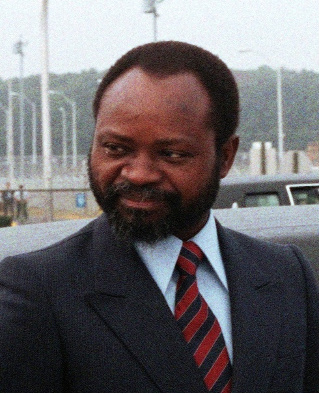
Samora Machel [Source: wikipedia.org] 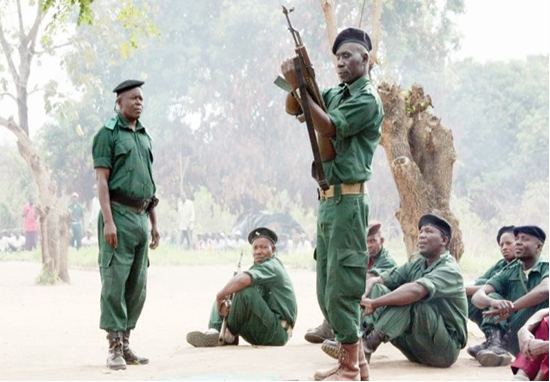
RENAMO militiamen [Source: panafricavisions.com]
Nuri Ronaghy, a longtime peace activist, testified about the 1953 CIA-sponsored coup in Iran against Prime Minister Mohammed Mossadegh, who had wanted to nationalize Iran’s oil but was branded as a communist.
Ronaghy’s brother, a physician, was almost executed in the aftermath of the coup, and her family had to flee Iran.
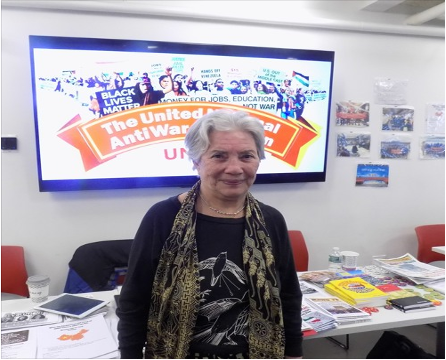
Mossadegh was replaced by the Shah Mohammad Reza Pahlavi, who mobilized Iranian resources to attack Dhofar in western Yemen following the coup, killing 30,000 people.
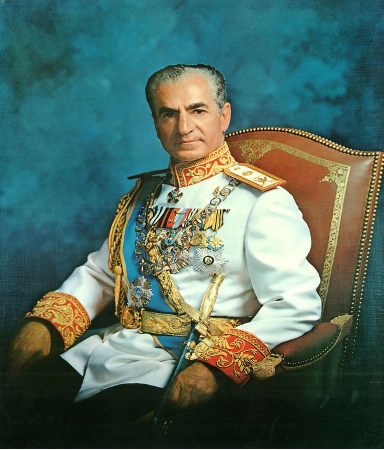
During his 25-year reign (1953-1979), the Shah killed so many people that the most famous song of the era was called “kiss me goodbye.”
When Ronaghy returned to Iran in the 1970s, she was sent to the infamous Evin prison where thousands were tortured and executed by the Shah’s secret police created by the CIA, known as SAVAK.
While in the prison, Ronaghy witnessed from her cell political prisoners being sent for torture and then returning unable to walk.
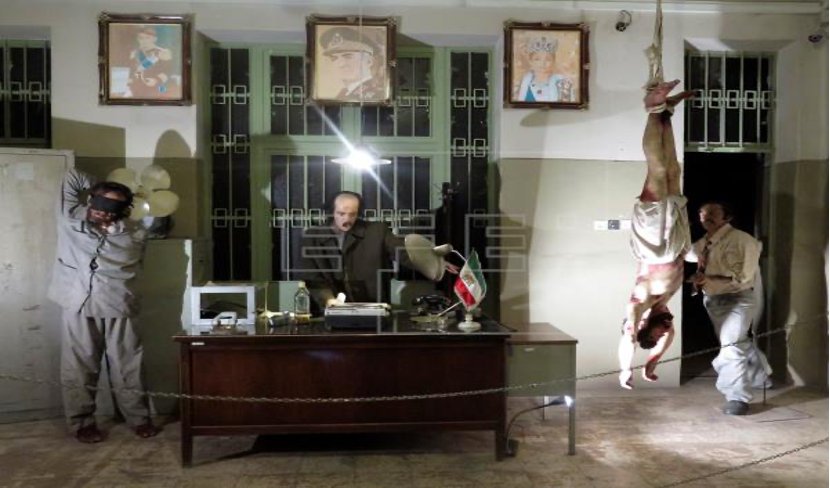
She also recounted how, during the 1979 Iranian revolution, U.S. agents burned a theater in Abadan where politically active youth watched movies.
Alicia Rivera testified after Ms. Ronaghy about her experience in El Salvador during the 1980s, where the Reagan administration supported right-wing death squads to counter the leftist Farabundo Marti Liberation Movement (FMLN).
Rivera fled the country after many people she had grown up with and their parents were killed.
She had gone to Catholic school and to the church of Archbishop Oscar Romero, who promoted liberation theology, which used the gospel as a basis for fighting for social justice.
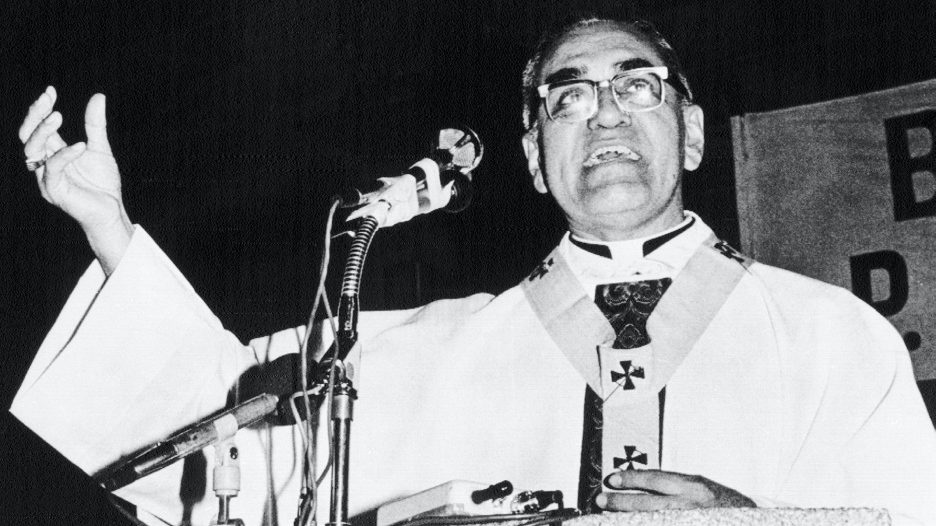
Romero was branded as a communist and assassinated by neo-fascists backed by the CIA in 1980 as he was delivering a sermon. The Cold War resulted in at least 75,000 deaths in El Salvador, 8,000 more “disappeared” and one million displaced. Cold Warriors in Washington nevertheless considered the country a great model and called for the “Salvador option” in Iraq.
Making Losers of Us All
The Cold War Truth Commission offered strong evidence in favor of Mikhail Gorbachev’s maxim that “the Cold War made losers of us all.”
One of the speakers, Chris Venn, a peace activist from California, spoke about the epidemic of homelessness in the U.S. in the 1980s that resulted from President Ronald Reagan’s cutbacks to the budget of the federal Department of Housing and Urban Development while his administration was funding vast military arsenals to fight the supposedly “evil” Soviet empire.
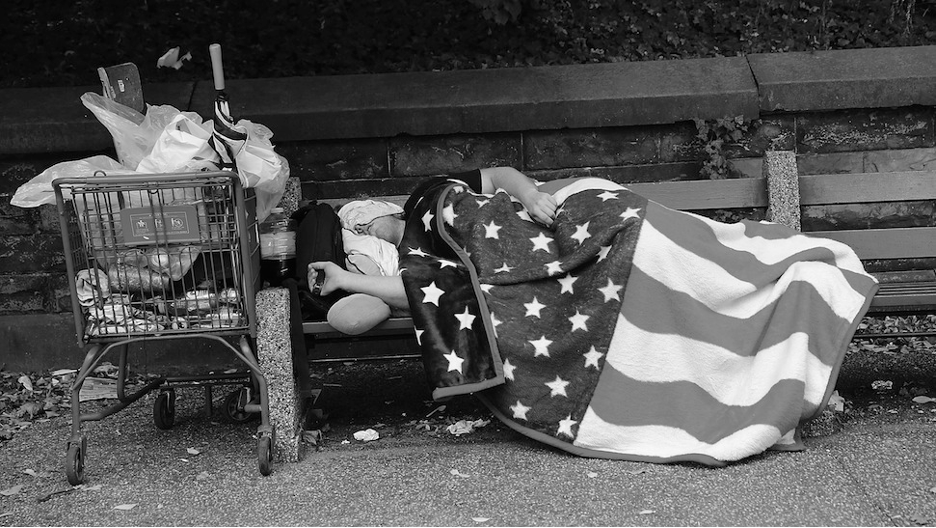
Nadya Williams spoke about her father’s blacklisting and premature death resulting from the CIA’s murderous 1965 coup in Indonesia, which resulted in over two million deaths and the imprisonment of tens of thousands more for decades under the most inhumane conditions.
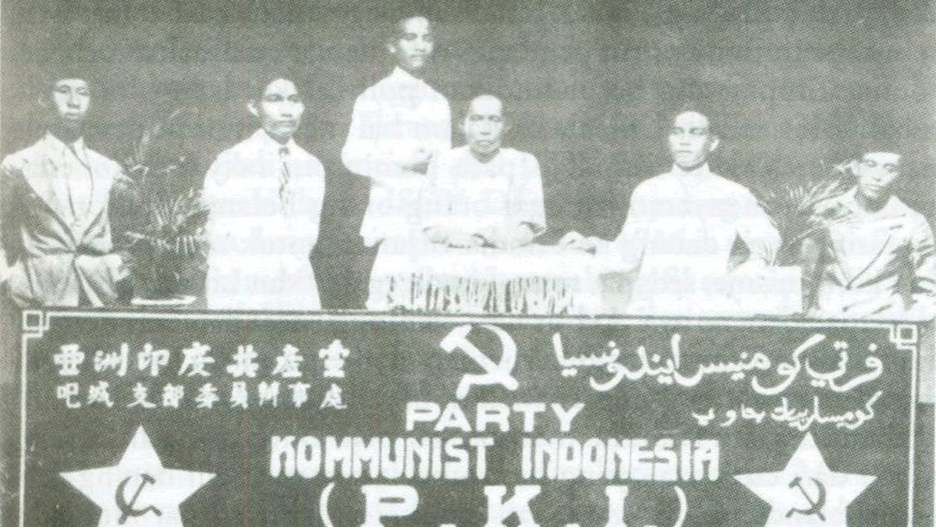
The Truth Commission included testimonies from youth activists, film clips, and speeches from dissident voices like Ramsey Clark, the former Attorney General of the United States, Mumia Abu-Jamal, an award-winning author unjustly incarcerated for more than 40 years, and S. Brian Willson, a Vietnam veteran who lost his legs in 1987 to a purposely speeding train while trying to block arms shipments to the Contras, a right-wing terrorist army setup and armed by the U.S. to sabotage the socialist Sandinista revolution in Nicaragua.
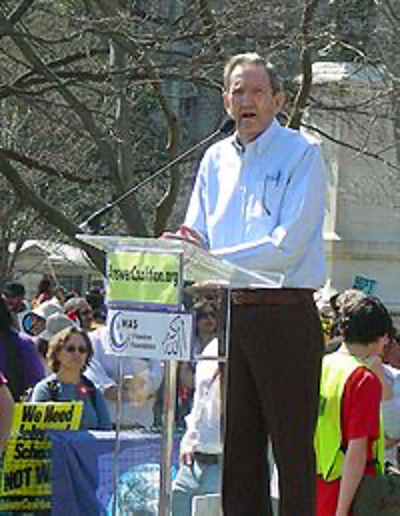
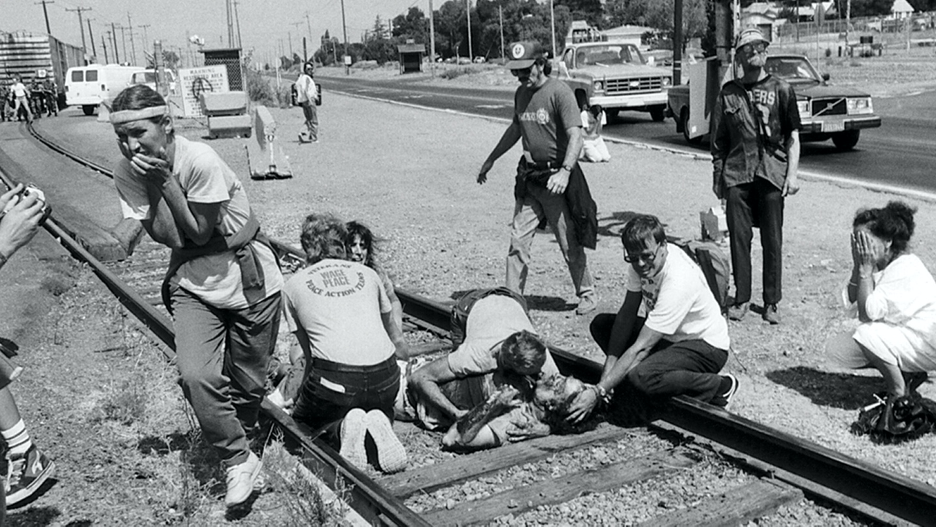
One of the clips spotlighted the noble efforts of Father Roy Bourgeois, a Vietnam veteran, to shut down the U.S. Army School of the Americas in Ft. Benning, Georgia. The School of the Americas has trained some of the worst dictators and assassins in Latin American history.
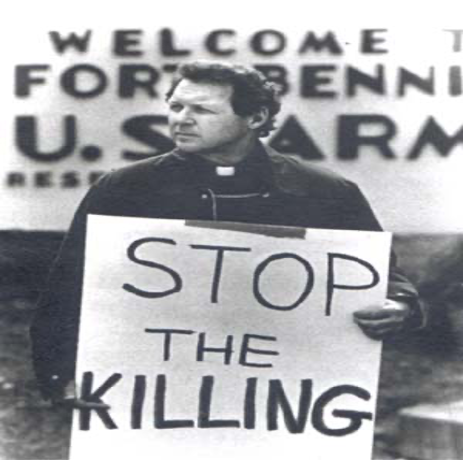
Another clip featured music from Gil Scott-Heron, who warned about how U.S. foreign policy was turning the planet into a cemetery and commented that there was no money to be made in peace.
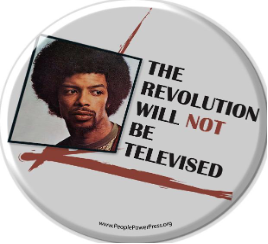
“The Struggle of Memory Against Forgetting”
The Czech philosopher Milan Kundera famously stated that “the struggle of man against power is the struggle of memory against forgetting.”
The Cold War Truth Commission is of special importance today because of the new Cold War between the U.S., Russia and China which has already broken out.
Many of the speakers conveyed their dismay with President Joe Biden’s statements calling Russian President Vladimir Putin a “killer,” and with the dangerous escalation of U.S. missile emplacements in Eastern Europe and expansion of NATO toward Russia’s border, as well as with the fervent anti-Chinese rhetoric coming out of the White House.
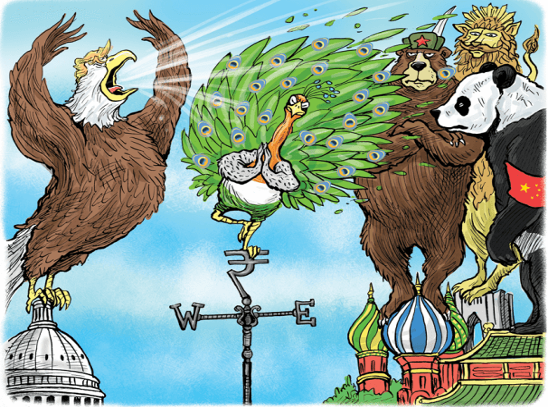
While the Cold War Truth Commission may not be able to reverse the insanity of current U.S. policies, it has at least helped to ensure that a truthful history will be preserved.
It can also help lay the foundation for a resurgent left-wing movement that is guided by the wisdom and spirit of its Cold War-era predecessor.
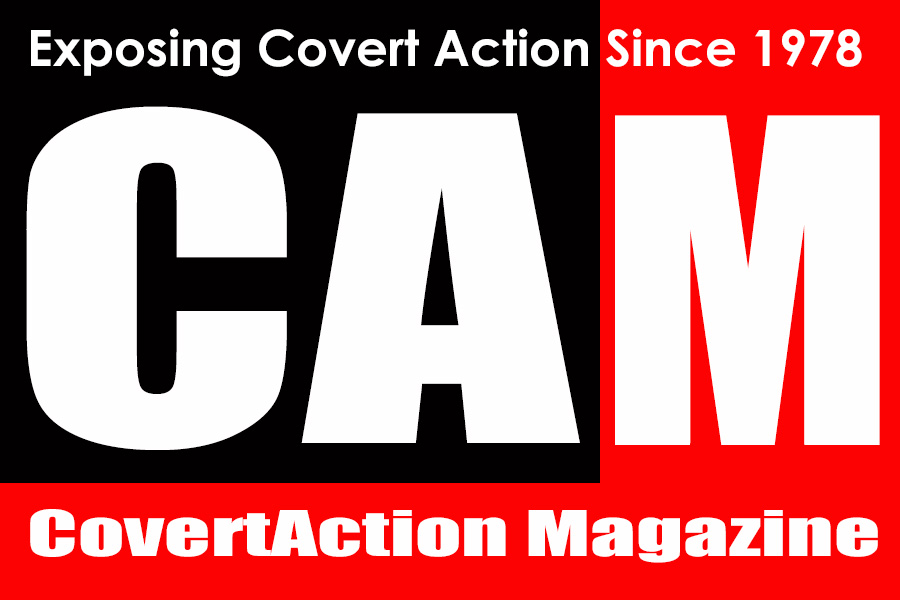
[1] For more on Paperclip, see Annie Jacobsen, Operation Paperclip: The Secret Intelligence Program That Brought Nazi Scientists to America (Boston: Little, Brown & Co., 2014).
CovertAction Magazine is made possible by subscriptions, orders and donations from readers like you.
Blow the Whistle on U.S. Imperialism
Click the whistle and donate
When you donate to CovertAction Magazine, you are supporting investigative journalism. Your contributions go directly to supporting the development, production, editing, and dissemination of the Magazine.
CovertAction Magazine does not receive corporate or government sponsorship. Yet, we hold a steadfast commitment to providing compensation for writers, editorial and technical support. Your support helps facilitate this compensation as well as increase the caliber of this work.
Please make a donation by clicking on the donate logo above and enter the amount and your credit or debit card information.
CovertAction Institute, Inc. (CAI) is a 501(c)(3) non-profit organization and your gift is tax-deductible for federal income purposes. CAI’s tax-exempt ID number is 87-2461683.
We sincerely thank you for your support.
Disclaimer: The contents of this article are the sole responsibility of the author(s). CovertAction Institute, Inc. (CAI), including its Board of Directors (BD), Editorial Board (EB), Advisory Board (AB), staff, volunteers and its projects (including CovertAction Magazine) are not responsible for any inaccurate or incorrect statement in this article. This article also does not necessarily represent the views the BD, the EB, the AB, staff, volunteers, or any members of its projects.
Differing viewpoints: CAM publishes articles with differing viewpoints in an effort to nurture vibrant debate and thoughtful critical analysis. Feel free to comment on the articles in the comment section and/or send your letters to the Editors, which we will publish in the Letters column.
Copyrighted Material: This web site may contain copyrighted material the use of which has not always been specifically authorized by the copyright owner. As a not-for-profit charitable organization incorporated in the State of New York, we are making such material available in an effort to advance the understanding of humanity’s problems and hopefully to help find solutions for those problems. We believe this constitutes a ‘fair use’ of any such copyrighted material as provided for in section 107 of the US Copyright Law. You can read more about ‘fair use’ and US Copyright Law at the Legal Information Institute of Cornell Law School.
Republishing: CovertAction Magazine (CAM) grants permission to cross-post CAM articles on not-for-profit community internet sites as long as the source is acknowledged together with a hyperlink to the original CovertAction Magazine article. Also, kindly let us know at info@CovertActionMagazine.com. For publication of CAM articles in print or other forms including commercial internet sites, contact: info@CovertActionMagazine.com.
By using this site, you agree to these terms above.
About the Author

Jeremy Kuzmarov holds a Ph.D. in American history from Brandeis University and has taught at numerous colleges across the United States. He is regularly sought out as an expert on U.S. history and politics for radio and TV programs and co-hosts a radio show on New York Public Radio and on Progressive Radio News Network called “Uncontrolled Opposition.”
He is Managing Editor of CovertAction Magazine and is the author of six books on U.S. foreign policy, including Obama’s Unending Wars (Clarity Press, 2019), The Russians Are Coming, Again, with John Marciano (Monthly Review Press, 2018), Warmonger. How Clinton’s Malign Foreign Policy Launched the U.S. Trajectory From Bush II to Biden (Clarity Press, 2023); and with Dan Kovalik, Syria: Anatomy of Regime Change (Baraka Books, 2025).
Besides these books, Kuzmarov has published hundreds of articles and contributed to numerous edited volumes, including one in the prestigious Oxford History of Counterinsurgency .
He can be reached at jkuzmarov2@gmail.com and found on substack here.

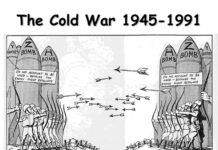
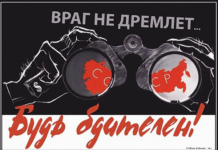
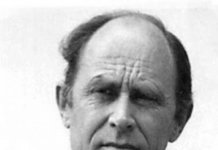
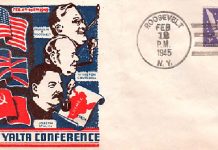
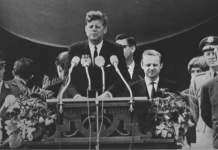
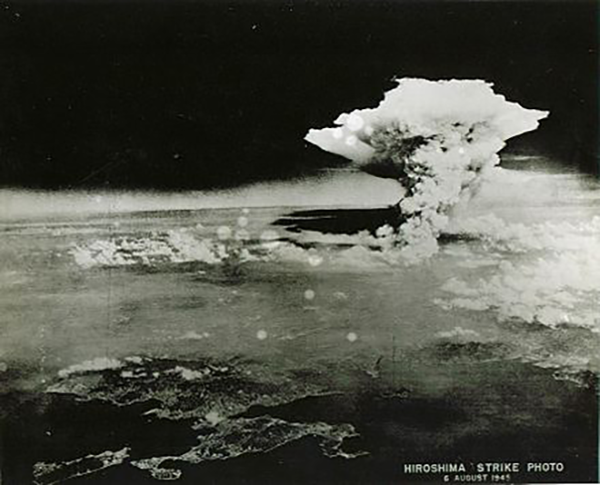
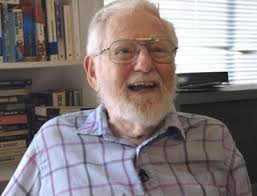


Henry Wallace was a strong believer that the United States should develop a peaceful harmonious relationship with the Soviet Union. However in 1952 he had become a very disillusioned man. In 1952 Wallace published Where I Was Wrong, in which he explained that his seemingly-trusting stance toward the Soviet Union and Joseph Stalin stemmed from inadequate information about Stalin’s crimes, and that he now considered himself an anti-Communist.
BRILLIANT! ONE OF THE BEST REPORTS YOU HAVE EVER DONE!